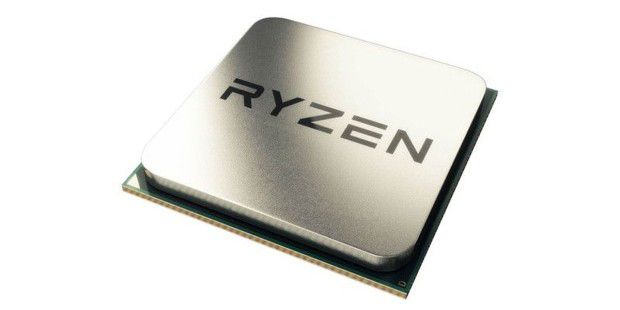Rumor: AMD is working on Ryzen 7000 CPUs with 3D V-Cache
AMD is said to be planning three processors with 3D V-Cache, which could already be presented at CES 2023.

Enlarge
AMD is said to be planning new processors with 3D V-Cache for early 2023.
© amd.com
With the Ryzen 7 5800X3D, the manufacturer AMD has been offering a CPU since April 2022 that differs fundamentally from the model without the 3D suffix: the manufacturer has placed several layers of additional buffer memory on the actual processor. This increases the L3 cache from 32 MB to 96 MB. With this trick, the eight-core processor achieves a significantly higher speed than the Ryzen 7 5800X, especially in games or in complex applications.
Ryzen 7950X3D, Ryzen 7900X3D and Ryzen 7800X3D
So far it has been unclear whether AMD still wants to stick to the stacked L3 cache, because currently only the Ryzen 7 5800X3D is available for purchase. Now the well-known leaker Greymon55 is providing one
Twitter post
for hopes for more Ryzen CPUs with 3D V-Cache. Accordingly, models with 3D V-Cache should also be offered by the upcoming Ryzen 7000 processors. Specifically, these are the CPUs with the designations V95, V9 and V8. This means the processors Ryzen 7950X3D, Ryzen 7900X3D and Ryzen 7800X3D.
Presentation at CES 2023?
According to the leaker, these processors with additional L3 cache should not be available at the same time as the other Ryzen 7000 CPUs. Instead, he assumes that AMD will present the faster processors for the first time at the Consumer Electronics Show 2023 from January 5th to 8th, 2023. AMD has not yet made any statements about faster models with 3D V-Cache. Since the Zen 4 CPUs already have more L2 cache, the additional L3 cache could also be larger. The stacked cache also ensures that the CPUs no longer reach such high clock rates. The cooling of the cache components stacked on the CPU also proves to be demanding. Nevertheless, the additional cache is worthwhile if the applications in question can also take advantage of it.
AMD Ryzen 7 5800X3D: Usually faster than Intel Core i9-12900K in games




